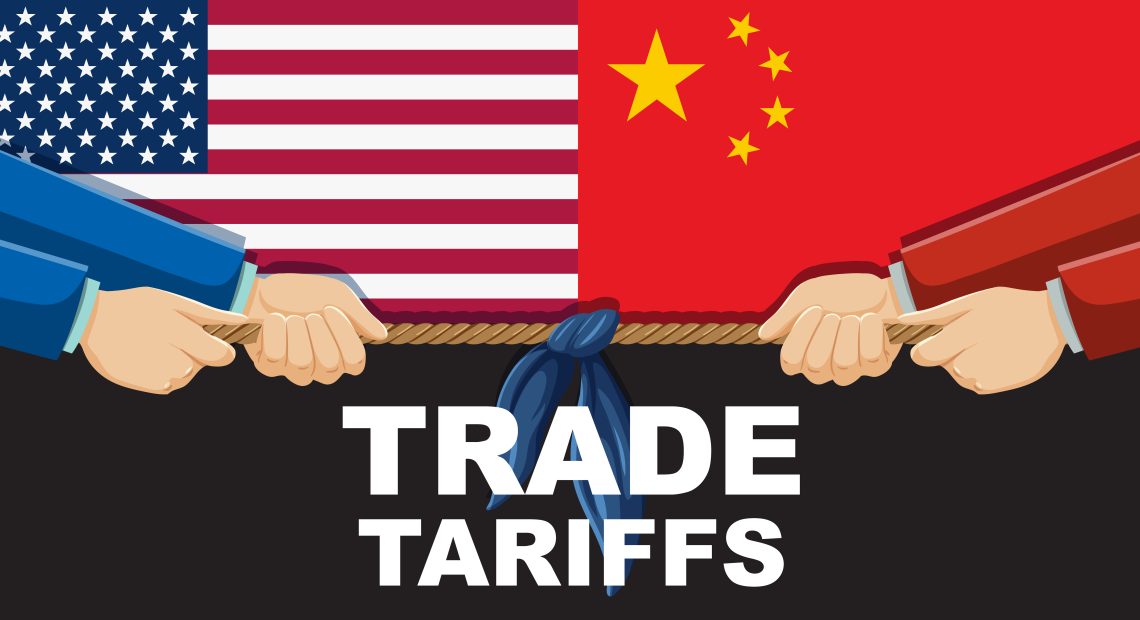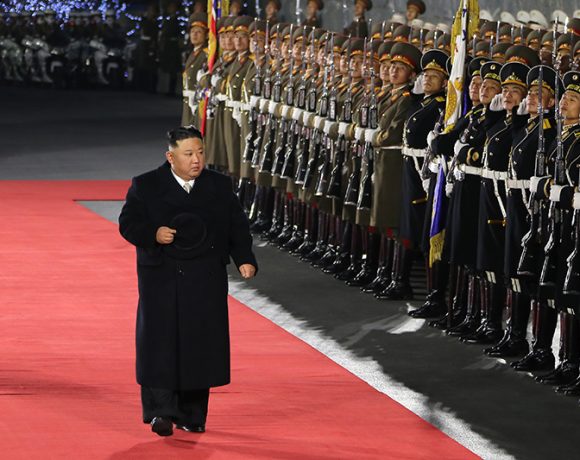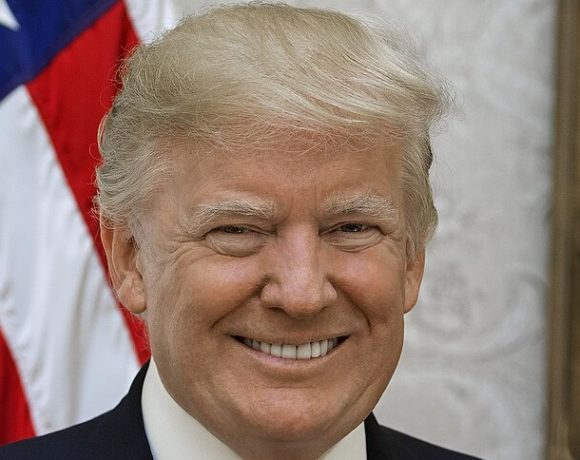
US–China Agree to Expedite Rare Earth Exports to US
The United States and China have reached a key agreement to expedite shipments of rare earth minerals from China to the US. The deal, finalized following trade talks in Geneva, aims to remove non-tariff barriers and streamline licensing procedures to facilitate smoother exports of critical minerals essential for electronics, defense, renewable energy, and EV sectors. According to senior officials, the agreement includes China’s commitment to accelerate export licensing procedures while the US will suspend select trade countermeasures. President Donald Trump acknowledged the framework’s conclusion as a positive step toward restoring strategic supply chains and declared that China would begin facilitating shipments immediately.
Rare Earths
Rare earth elements are indispensable to modern technology—from smartphones and wind turbines to precision-guided missiles and electric vehicles. China controls nearly 90% of the global processing capacity of these minerals. The US and its allies have raised repeated concerns over their overdependence on Chinese supply chains. This agreement is being seen as a temporary reprieve for US industries that had begun to experience delays due to tightened export controls and licensing restrictions.
US China Trade
This latest development comes in the broader context of an ongoing effort to stabilize economic relations between Washington and Beijing. The deal follows earlier negotiations involving tariff adjustments and mutual trade relaxations. China had sought relief from several US-imposed constraints, including restrictions on semiconductor collaboration and investment screenings, in exchange for unblocking rare earth shipments. Both sides are now awaiting formal executive approval to operationalize the terms of the deal.
Supply Chains
The expedited rare earth supply is expected to benefit several key US sectors—particularly electric vehicles, renewable energy infrastructure, aerospace, and semiconductors. However, analysts caution that the agreement still allows China to exercise discretion over materials with dual-use or military end-use potential. Companies have reported that despite the commitment, licensing processes remain complex, especially for sensitive technologies. Nevertheless, the deal is likely to ease short-term supply disruptions and offer some relief to manufacturers.
The rare earth deal marks a cautiously optimistic step forward in US–China trade ties. While it does not resolve broader geopolitical or economic tensions, it does suggest a willingness to collaborate on critical materials under strategic pressure. The success of the agreement will now depend on how transparently and consistently both sides adhere to its terms—especially as global competition over resource security continues to intensify.


















